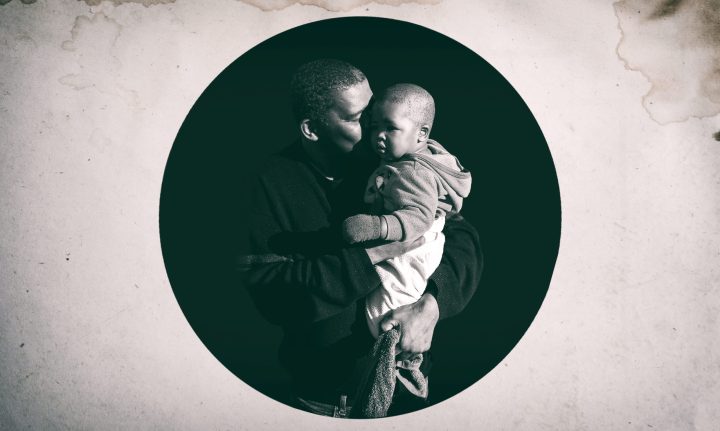Maverick Citizen
Playful parenting in a pandemic: Preventing violence against children

The global effects of Covid-19 lockdowns and shutdowns have been tough on everyone, but particularly on parents and children. An international team has developed a suite of digital resources to help ease the burden.
Parenting is tough enough at the best of times – after all, children don’t come with instruction manuals – but how much tougher during a pandemic lockdown? When neither parents nor children can get out of the house, it’s a difficult situation for everyone.
This was a question that faced our research team as we went into lockdown – the parents among us felt it acutely and personally. With more than one billion children globally out of school or childcare due to Covid-19 and families struggling to care for their children, we wondered how we could help.
And with the release of several reports that showed that the stress of lockdown had led to an escalation of violence against children, we were even more motivated.
We had already developed a suite of open-source parenting programs to promote positive child-parent relationships in low-resource settings – the Parenting for Lifelong Health (PLH) programmes – that have been rigorously tested in face-to-face settings and are currently being scaled up in more than 25 low- and middle-income countries across sub-Saharan Africa, south-eastern Europe, Southeast Asia and the Caribbean.
But it was clear there was a need to provide support to parents in a format that did not require in-person meetings. In response to this, our team developed online resources which were rapidly translated into more than 100 languages. The resources help parents keep a routine in the lockdown environment, provide ways to manage (and prevent) the stress of parenting and do it in ways that are fun, such as singing our song, Let’s slow down, with children.
Within eight months these parenting resources reached more than 134 million families in 187 countries – and counting.
Being forced to be creative has led us to develop other initiatives, and we’re now developing several forms of parenting support that may well endure beyond the pandemic. These include ParentText, or online, interactive parent support groups using WhatsApp and Viber voice and mobile text message, as well as other hybrid platforms.
ParentText takes the PLH materials into an online parenting support group programme and is intended for parents of children aged two to 17 years. This group-based intervention will provide evidence-based parenting information and interactive learning experiences through online discussions using text, audio and visual messages.
ePLH is using a participatory citizen science approach to engage with people through digital technology to support group learning, information gathering and capacity building to co-produce knowledge and feasible solutions to improve individual and family-level health and well-being. It is being tested in six countries: South Africa, Malaysia, Moldova, Montenegro, North Macedonia and the Philippines. In South Africa, ParentText will be implemented in KwaZulu-Natal, the Eastern Cape, the Western Cape and Gauteng.
Our team has been developing and piloting other innovative human-digital modalities of playful parenting programmes, including parenting apps, interactive parenting text messages and media-based interventions. These new hybrid platforms will be accessible to those with a range of digital access, adaptive to different cultures and contexts and scalable to meet population-level demand.
They will all be open access (with open-source code) and are being designed to be easily modified to local contexts by governments, NGOs and local organisations. We are working intensively in collaboration with the Department of Social Development (DSD), UNICEF, Mothers2Mothers, the Children’s Radio Foundation and the SABC to scale up these programmes.
Clowns Without Borders South Africa (CWBSA) is also developing a number of playful parenting messaging and recordings in six South African languages to be accessed by parents through The Internet of Good Things (in collaboration with UNICEF). This will be exciting as there will be real-time follow-up on the responses.
Covid-19 may have shut many things down, but it has helped to spur creativity in Parenting for Lifelong Health towards our goal of reaching all parents everywhere with parenting support. We hope that these resources will support parents and caregivers, promote family well-being and prevent violence against children. DM
Kufre Okop, Catherine Ward and Lucie Cluver are affiliated with the University of Cape Town. Cluver is also affiliated with the University of Oxford. Suzan Eriksson is from Clowns Without Borders South Africa.
The Parenting for Lifelong Health programmes were developed through a collaboration between the World Health Organisation, UNICEF, the universities of Cape Town and Stellenbosch, Clowns Without Borders South Africa and the universities of Oxford and Bangor in the UK.




















 Become an Insider
Become an Insider
Comments - Please login in order to comment.